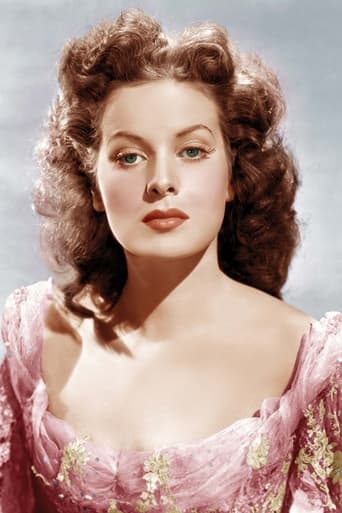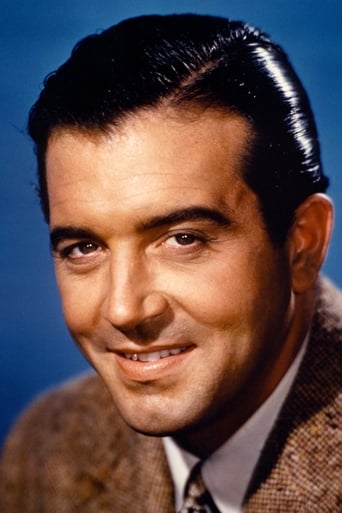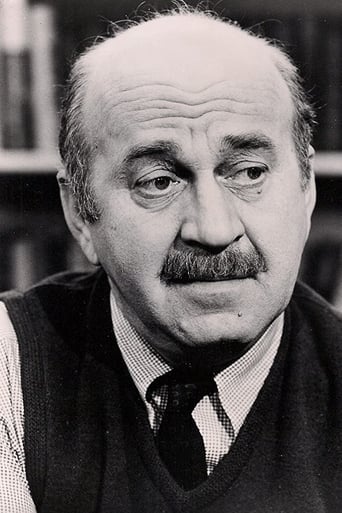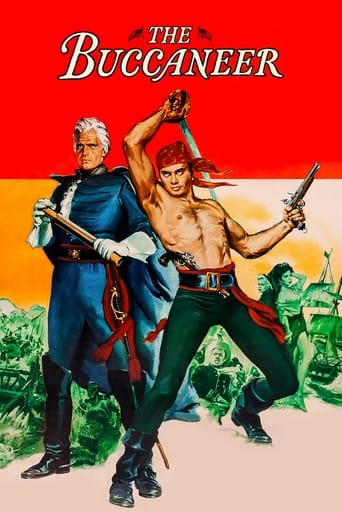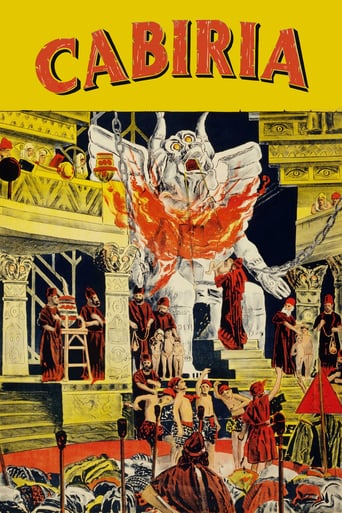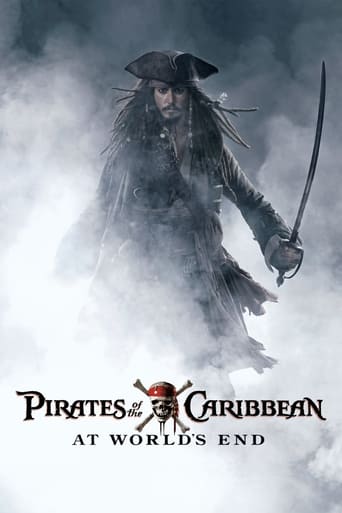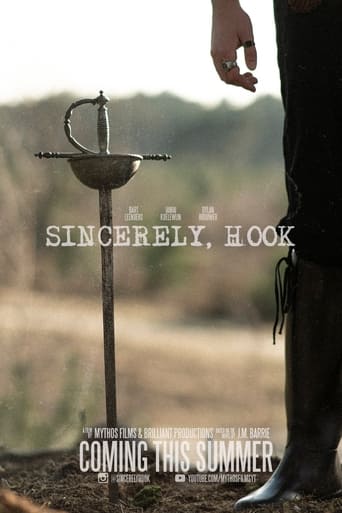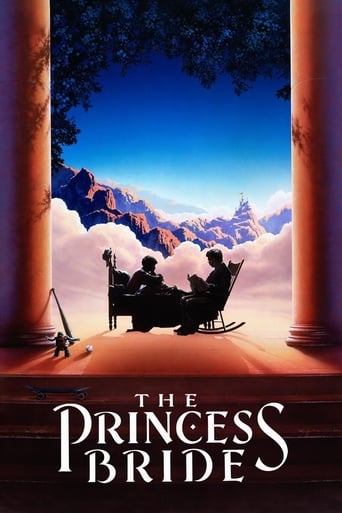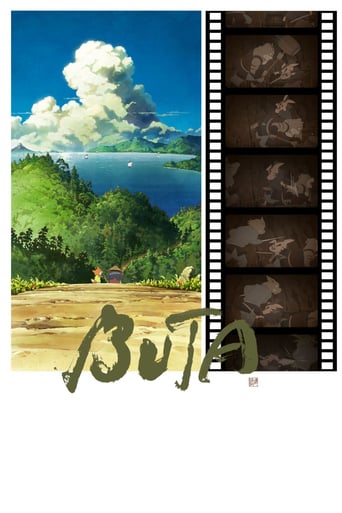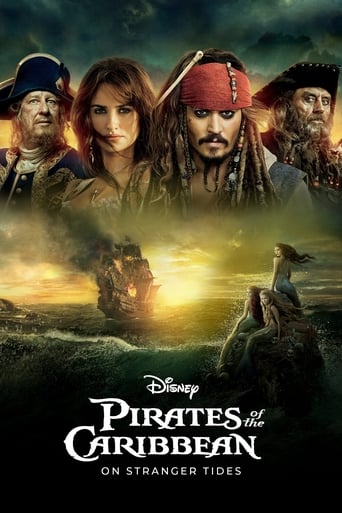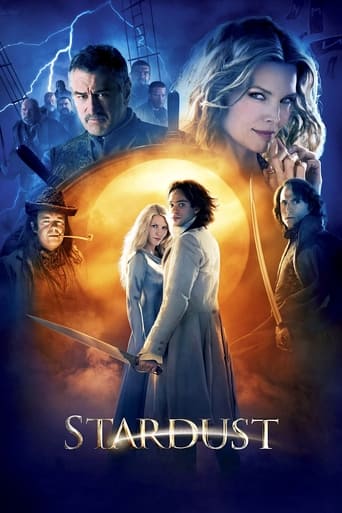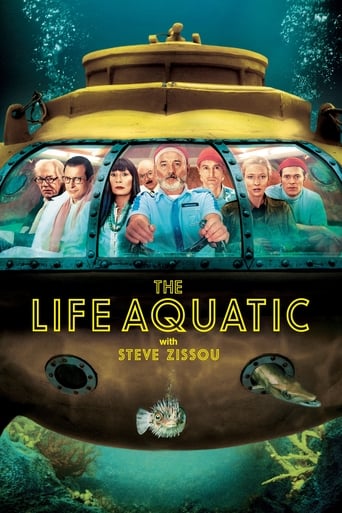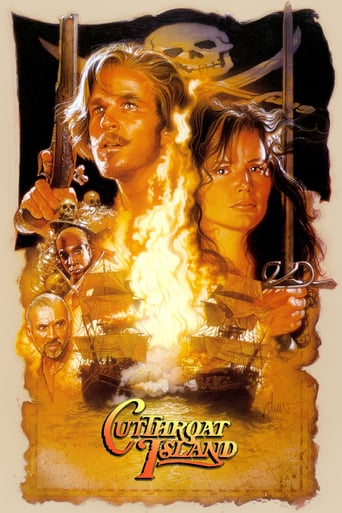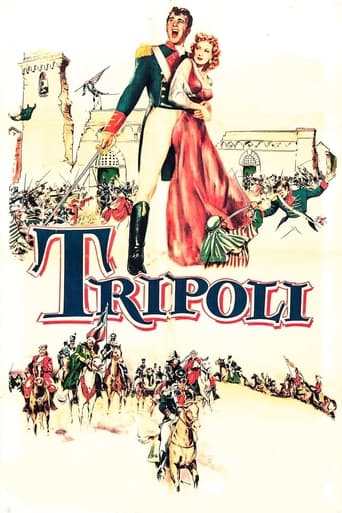
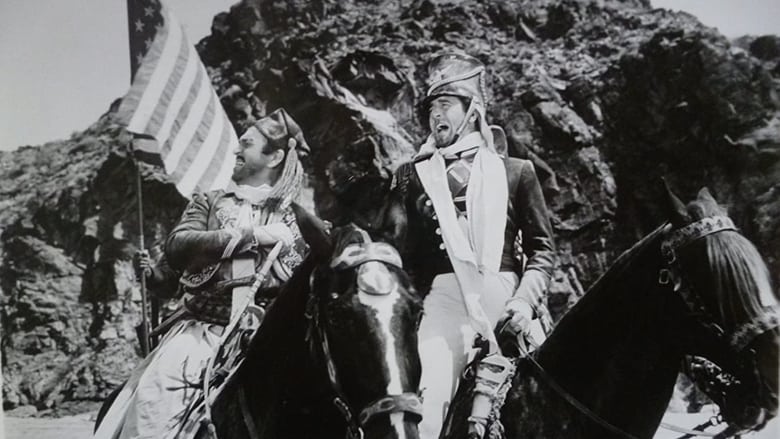
Tripoli (1950)
In 1805, the United States battles the pirates of Tripoli as the Marines fight to raise the American flag.
Watch Trailer
Cast


Similar titles
Reviews
Sorry, this movie sucks
Sick Product of a Sick System
Although it has its amusing moments, in eneral the plot does not convince.
Good films always raise compelling questions, whether the format is fiction or documentary fact.
This is a classic 1940s/50s lightweight action adventure piece, with all the classic elements: a historical tie-in, small-unit military action, horses, an expedition through a wilderness, a leading man in a classic romanticized leadership mold (here, a U.S. Marine), and of course the love story of two people who get the hots for each other but can't figure out what to do about it except circle and maybe even hiss at each other until a sudden dramatic kiss seals their engagement in the last five seconds of the film. (There was also a certain amount of comic relief, centered in large part around a comic actor or two brought in just for that purpose, as Howard Da Silva, Connie Gilchrist, Grant Withers, and even Lowell Gilmore are here.) It's essentially a formula that was followed countless times during the period, and while the producers could move the setting to anywhere from Louisiana (see, e.g., THE FIGHTING KENTUCKIAN, John Wayne, 1949) to, well, the Shores of Tripoli, for variety, most of them were just westerns, usually set in the Southwestern United States. And for Hollywood in those days, any classic romanticized villain would do, whether it was the Barbary pirates, the staid British Empire in the Battle of New Orleans, or even crooked home-grown American land speculators ready to cheat whoever had money and was handy. This kind of thing was rerun ad infinitum on television when I was growing up and any true TV junkie of the 50's or 60's had seen probably what seemed like at least a couple hundred of these things by the time they finished high school. That's all this movie is or was ever intended to be, and it delivers right down the middle like a strike in bowling alley. As others have observed, the production values and especially the location shooting are excellent for the day, and if you like the late Maureen O'Hara (may she R.I.P.) and John Payne, so much the better. If you are in the mood for such old-fashioned mind candy it is just about perfect, and the only reason I gave it only a six is because by more challenging movie standards it lacks the "edge of the seat" quality needed to bump it up another star. What surprises me is how many of the reviewers on here seem to have no experience with this kind of thing and instead try to analyze it as if it were something made in a much more recent era.I might also add that until the modern (i.e., very modern) era of post-World-War-Two (that means, after 1945, less than 100 years ago) strife broke out in the middle east, there was no particular prejudice against or hatred for Moslems in America or Western Europe generally (at least not for several hundred years, at any rate), who were rather typically regarded as merely different, if not actually exotic or even fascinating. Indeed, as another, especially clever reviewer of this movie on the IMDb suggested, Europeans thought enough of Arabs to adopt their system of numerals (i.e., 1,2,3,4,5, etc., not mention the whole concept of "zero") from them, along with algebra, averages, algorithms (for you computer junkies out there), the name of every star in the sky you could see without a telescope that was worth naming (e.g., Aldebaran, Altair, Deneb, Fomalhaut, etc., etc.) along with any number of words (alcohol, alchemy, admiral, alcove, alfalfa, albatross, azure . . . ) and certainly, LAWRENCE OF ARABIA (1962), an extravaganza about an Englishman who practically tried to turn himself into an Arab during World War One would never have been the immense hit that it was only about 50 years ago. The current trend among a truly ridiculous number of people today towards branding any Moslem as evil is less than 25 years old and is the result of a concerted propaganda campaign straight of of George Orwell's book *1984* -- to get people into line, you first give them a common enemy to hate. (Unfortunately for theses propagandists, too many of us live in a fact-based world, and know that the .001% of the world's 1+ billion Moslems that are terrorists are only a minority of a minority of a minority at best), but then there are always the gullible, the fearful, the paranoid, the hateful, the low, the trashy, and the stupid who will believe anything in order to indulge their appetite for enjoying getting angry.) That kind of mentality had nothing to do with this movie when it came out in 1950.
The audience gets jipped out of seeing an interesting film because Hollywood is too busy writing checks for unnecessary production values that cost the studio a small mint.See the oxen, camels, and fake palm trees as John Payne runs around trying not to look too embarrassed wearing his marching band hat. Meanwhile, Maureen O'Hara does her spitting and grunting shtick as she scowls through the whole flick (as usual). Mostly boring with few script directions.Hollywood put a lot of effort into these silly costume adventures because the producers are all deadheads with a penchant for wasting time and money.
This is a strongly-scripted and well-made adventure film, with solid stars in Maureen O'Hara, John Payne and Howard da Silva . But its directorial history is a bit curious. Will Smith, then O'Hara's husband, had been wanting to direct. he got his chance with this movie and did a creditable job as producer and as director However, he had been cheating on her, so the couple divorced soon afterward and Price only directed two forgettable movies thereafter. The story told herein is of a mission featuring a force of US marines sent to combat the 18005 activities of the "Barbary Pirates", North African corsairs who were stopping the ships of other nations and robbing them or worse. The Marine's Hymn refers in the line "to the shores of Tripoli", to this same action. Maureen O'Hara, lovely and talented as ever, plays a French countess inexplicably betrothed to a local bigwig; Da Silva is humorous and excellent as a Greek mercenary hired to help Payne's marines find and destroy the pirates and their stronghold. Much of the film's footage concerns desert treks, during which the male-female conflict between Payne and O'Hara turns into something much more than mere instant dislike. There are some very -fine achievements connected with this attractive color production. James Wong Howe did the cinematography, Winston Miller and Price the script, Yvonne Wood the costumes, Alfred Kegerris the sets and Howard Pine the action and second- unit footage, which is far-above average. Those actors who contributed to this fast-moping and unusually-intelligent film included Philip Reed as the Countess's nefarious pursuer, Grant Withers, Connie Gilchrist, Alan Napier, Herbert Heyes, Lowell Gilmore, Grandon Rhodes and Rose Turich. There is a visually-exciting concluding battle and a happy ending. Favorite line: Greek da Silva modestly replying to US brass's thanks by saying, "Always glad to help a young country get started." A favorite film of mine, for several reasons; this is more than just a vehicle for the stars; it has dialogue, lovely scenic values and very good blocking, acting and overall production qualities.
In 1805 a force of U.S. Marines is sent to North Africa to put a stop to a collection of seagoing bandits known as the Barbary Pirates, who were preying on American and other nations' merchant vessels. John Payne is the officer in charge of the expeditionary force, Maureen O'Hara a French countess and Howard Da Silva a Greek mercenary hired to help the Marines find and destroy the pirates. This is an enjoyable little actioner, a little ragged around the edges, but its vigorous action scenes and good performances more than make up for it. Payne has always been an underrated actor, and it took several dark, gritty little thrillers with director Phil Karlson in the mid-'50s to show people what he was capable of. O'Hara, aka the Queen of Technicolor, was married to director Will Price at the time, which explains why he got to direct this. He only directed two other films, neither of them particularly good--in fact, one of them, "Rock, Rock, Rock" from 1957, was downright awful--and his direction here is workmanlike (action scenes are almost always shot by second-unit directors). It's still an enjoyable little actioner, though; the Technicolor photography is good, and unlike many films of its type it doesn't come to a dead stop between action scenes (well, for the most part). If it ever comes out on video or DVD, check it out. You could do a lot worse.


